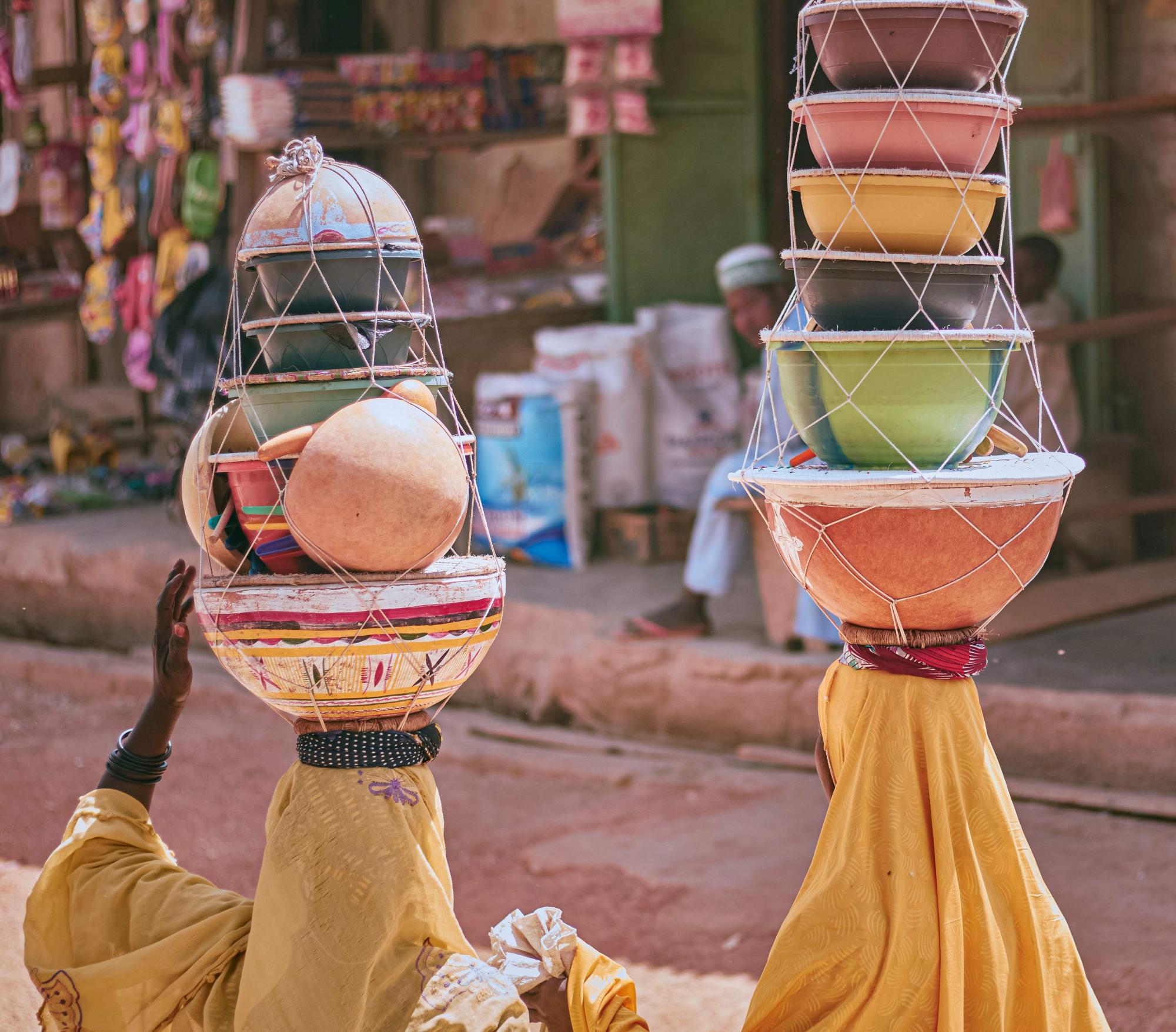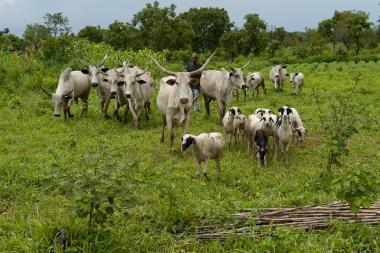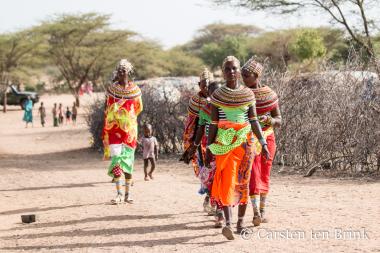Media guide and toolkit on pastoralism in Nigeria
Using interviews with more than 1,200 pastoralists, this guide will help journalists make their reporting on pastoralism more nuanced and accurate.
Journalists and media organisations hold incredible power. They help shape and communicate ideas, share information, and bring about important social, political, and cultural change. With this comes responsibility.
SPARC partner organisation the Fulbe Development and Cultural Organization (FUDECO) interviewed more than 1,200 pastoralists – including many women and girls – in six states in Nigeria. One of their main concerns was that they feel they are misunderstood and mischaracterised by mainstream society, including the media, and their voices are hardly valued or heard.
Many pastoralists we spoke to are survivors of conflicts and violence and feel isolated by negative and misleading narratives about their lives. Many of them are forcefully displaced but do not live in formal camps for displaced people.
FUDECO developed this toolkit for journalists to report on pastoralism in a more humane, nuanced and accurate way. The downloadable resource provides journalists and editors with:
- Problems with some of the current reporting of pastoralism in Nigeria
- Examples of misleading media coverage, and their consequences
- Key principles of reporting
- Suggestions for ‘solutions-based’ reporting
- A quick checklist for editors
- Key laws and policies on pastoralism
- Useful links
The guide was produced with funding from the International Development Research Centre (IDRC) and SPARC.



